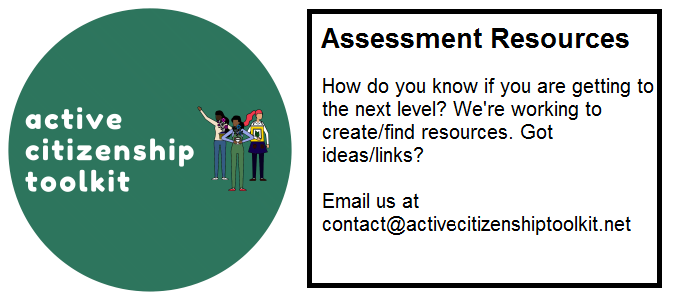Element Descriptor
Meetings can exceed, meet or fall short of their goals – and other things can crop up that are worth chewing on. Being able to conduct a thorough post-mortem of a meeting means you’re able to innovate/prepare better in future. Failing to post-mortem means you will learn slowly, if at all.
Level descriptors
| Novice | Practitioner | Expert | Ninja |
|---|---|---|---|
| Using a basic template/prompt you are able to produce a simple report about a relatively straightforward meeting. The report explains what went well, what went badly and make a couple of recommendations for future changes to format and process. Nobody’s toes are too stepped on. | Using but going beyond a basic template, you are able to quickly produce an astute report on a complex meeting that had mixed outcomes. The report teases out causes of sub-optimality, and suggests several ways in which such causes might be mitigated in future. Egos are bruised, but only lightly, and the general common sense of the post-mortem means its recommendations are likely to be taken up. | From a standing start, you are able to produce a detailed (forensic) post-mortem of a meeting, its processes, its design, facilitation, its silences and silencings, its missed opportunities alongside what went well. Informed by useful theory and minute observation, compassionate and incisive, the post-mortem becomes a foundational document for future improvements to your group’s meeting practice. | You are able to dictate a total report on a complicated meeting and provide a series of prioritised, specific and radical recommendations for improvement that will make future meetings far better, before the last attendee has made it home. The report is witty, psychoanalytically informed and brimming with compassion for everyone who is, crooked timber though, trying to unfuck the world. |
Element Overview Essay
This is a draft. If something doesn’t make sense, or you see typos, or if you have further ideas, please email us on contact@activecitizenshiptoolkit.net
And I’m going to expand this to be post mortems of events, projects and processes more generally.
There are many causes why post mortems are not done or not done well.
One is it’s just not part of the activist cultures that I’ve seen
If you had to shine a spotlight on how effective you had been, whether you’d met your own goals , what the return on investment was, that becomes pretty analytic and often pretty depressing. And then becomes a space where people can fire off recriminations against each other about other things that didn’t didn’t get done. And this whole circular firing squad flicks off their safeties. Of course, postmortems don’t have to be like that.
NB Don’t collect feedback unless it is a) immediate b) anonymous c) framed to find out what was WRONG
The other thing is you don’t often see it in films or movies or books. And as I said, people haven’t experienced it.
Beyond that, though, there is this fear that a post mortem is like a Star Chamber, an Inquisition, and that people will be singled out and held up to humiliation and ridicule. And of course, you can do a post mortem that badly if you’re an asshole.
So other things to say about the causes of post mortems being done badly or not at all, is they’re done either too soon or too late. So there’s an immediate hotwash which captures lots of minor niggly tactical points.
And then that substitutes for the longer strategic view.
Or alternatively, there’s no hotwash. People forget all of those finer detail points. And the actual post mortem happens weeks later, when other things have come along and it all gets conflated and it seems pointless.
The consequences of not doing post mortems you’ll be happy to know the sections very short. You’re likely to learn nothing, or you’re likely to learn the wrong lessons. Or you’re likely to learn very, very slowly, much more slowly than you would otherwise would if you did systematic post mortems.
So the solutions are having systems in place so that you can learn from processes and products as you go, that you can capture some of the finer detail on paper or in writing. And when you are scheduling your meeting, your event, you are also in the planning stages, you have to be scheduling the post mortem, who is going to do it? When is it going to happen? How are they going to do it? How are they going to report their findings? And how will those findings be fed back into the group’s processes?
Now, this all sounds incredibly “bureaucratic”. But what’s the alternative? The alternative is it’s just a mishmash with various good ideas staying stuck inside people’s heads or in emails, or whatever. We’ve been doing it that way for a long time. How is that working out for us?
Development Resources
Assessment Resources

